User: | Open Learning Faculty Member:
In summary of my field research, I sampled and took observations of the leaf health of 27 Arbutus Menziesii within Central Park on Denman Island, BC, Canada. I was assessing the health and size and local environments of these Arbutus trees because I noticed that a large proportion of the trees were suffering from ill health or disease with pitch black leaves and poor growth, despite living in a region that they’re theoretically well adapted to (mixture of dry and wet weather, close to the open, near elevated mineral soil, etc).
Once each tree was documented, sampled and data entered into spreadsheets I started to decide how I wanted to randomize the samples to produce replicates and remove bias.
I noticed that there were 5 clusters of Arbutus trees throughout the route that I surveyed the trees from: Groups 1 and 2 were in thick forest; Group 3 was in a medium thickness forest and an area with some open meadows; Group 4 had medium forest, mild cliffs and more open meadows while Group 5 had steep cliffs, thinner forest and more open areas. Each cluster had between 3-12 trees. To produce 5 replicates (2 similar samples each), I selected 2 trees at random using a random number generator from each clustered group, producing 10 samples or 5 replicates. This ensured randomization and removed any personal bias from the data analysis in advance.
This process wasn’t without issue. Due to overcast and bright weather, 5 of the 27 samples were not able to be analyzed for leaf health, as it was hard to tell if the leaves were black (unhealthy) or dark green (healthy). With only 22 samples to work with, the sampling still worked out as every site still had a minimum of 2 samples. If I had more time I would have revisited those 5 tree sites to redo them and improve the validity of the data I collected.
I found doing ecological field work like this helped me appreciate the ecological theory and understand it better. Theory is interesting and helps to internally solve problems, but its no substitute for going out into nature and applying that knowledge. I’m a more hands on person than theoretical so I found getting out and doing research to be rewarding.
